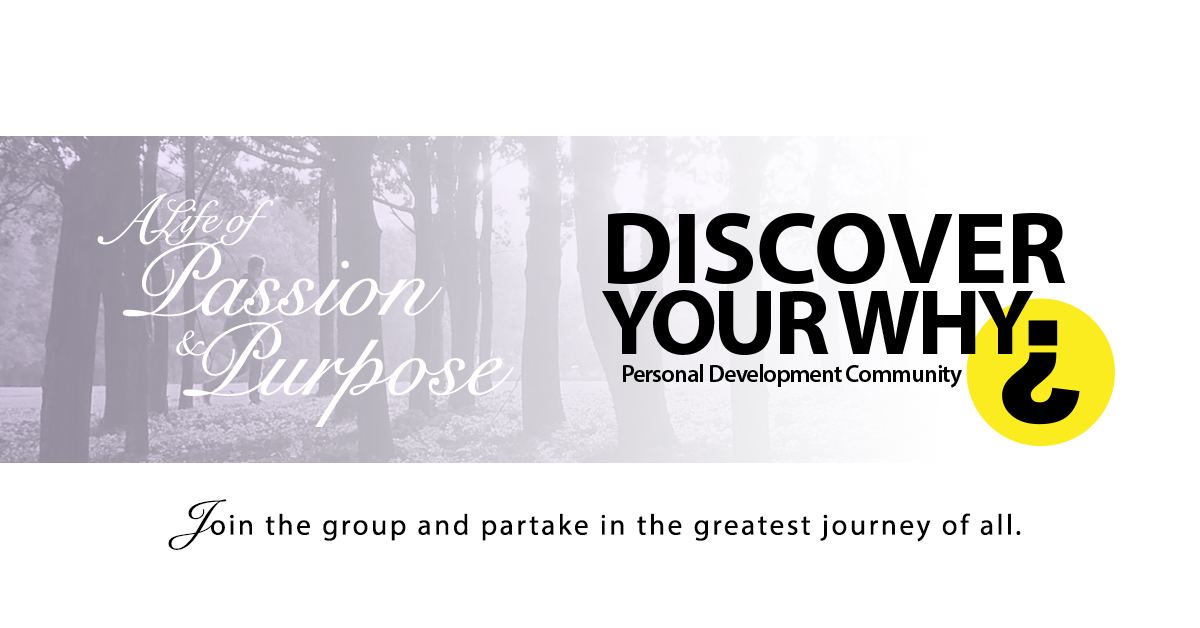
Anger – How: Part 2 by Leigh Martinuzzi
“Holding onto anger is like drinking poison and expecting the other person to die.”
The purpose of anger is to heighten our awareness and attention so that we can focus on bringing balance to an unmet need. I’d consider these needs fundamental to our survival. Essential for living a satisfactory quality of life.
Needs that we perceive as necessary, those that test our tolerance levels leading to mild or intense forms of anger, are most likely “novel” needs. Those that we feel that without, our quality of life or experience will somehow less when in fact it has nothing to do with our overall well-being or survival. I’d like to call these “superficial needs.”
Regardless of the nature of the need – fundamental or superficial, all unmet needs are important to us. However, what is more critical, is our reaction to the annoyance or dissatisfaction that results when they are not meet.When there is a discrepancy noticed over needs fundamental to our health, growth, relationships or survival we deserve to give them our energy, attention and focus. Anger has a role to play in achieving this.
In Part 1, I addressed the What and the Why of anger. In this post, I wish to look at the “How” – techniques and tools that will help us bring calmness to our anger, so we can harness it rather than allowing it to control us. There is nothing to complicated in this toolbox, all that is required is understanding, practice and time.
In Part 1, I touched on some research around how we typically manage anger – suppressed, expressed or in calmness. When we suppress anger, we essentially bottled it up. It doesn’t allow one to deal with the imbalance or need. Expressing our annoyance or anger seems to be the better path forward however if done in an unhealthy manner it most likely won’t result in a positive outcome, and the unmet need may remain. Calmness is the solution in dealing with the rise and fall of anger.
Calmness is that state or quality in being free from agitation of intense emotion. It appears the polar opposite to that of anger. How do we bring about calmness over anger? Through a practice of mindfulness. Being mindful is being in a state of consciousness or awareness. We can bring mental focus to the present moment. When we do this, we can draw attention to our feelings, thoughts and bodily sensations. Perhaps you can see how this would be beneficial.
As we have identified already, an annoyance or frustration that results in anger is a cause of a perceived unmet need. In a heightened state of awareness, we can bring pause to such moments when discrepancies arise and in doing so seek to assess and better understand why.
Why do we feel like this?
Why do I have these thoughts?
Why does my intolerance in this moment exist?
What is the root cause?Such questions bring clarity to the present situation and therefore rather than explode because “my needs” haven’t been met, we can search for a more peaceful resolution.
In practice, you’ll find that mindfulness often leads to the notion of others before self. I believe that within our selfish pursuits, certain “superficial” needs that we perceive as not being are a significant cause of our self-incurred suffering in life. They likely serve no higher purpose or meaning to our lives and the resulting emotions – anger, greed, spite, sadness, among others, that are used to bring balance to unmet needs are fruitless. In the short-term, they may seem credible. However, long-term they will bring rise to more significant frustration and suffering. It is why calmness is the best approach.
In a higher state of awareness, we can then begin to work on other methods that will assist us in dealing with the rise of negative emotions – including anger. Firstly, our cognitive processes will improve. It will allow us not only to bring an enhanced clarity over the situation, but we will also be mindful of the inner dialogue we are using.
What is the story we are telling ourselves? What about the situation is factual and what is merely a conjuring of thoughts that lack evidence? These needs that result from an obsession with the Self. Inner dialogue that begins with “I” statements such as why I deserve better! I shouldn’t have had that happen to me! I can’t believe he/she just did that to me!
Again, in mindfulness, we can use our self-obsessed energy to focus on others. It will allow us to look beyond these superficial needs that are not that critical and bring our attention to a better state. If on the other hand, we understand that this “need” is fundamental to our health and quality of existence then in calmness we will be better able to address it.
In calmness, not anger, will we be able to see more clearly why such needs are not being met? We can view the state of our external and internal environments. Is there a change that needs to be made to prevent such anger moving forward. As raised already we know that emotions result from the construction of our past, and the best way to avoid them moving forward is to change our experience. And that is by being attuned to the moment.
There are matters in both our internal and external environments that may be outside of our direct control but what is within our control? I referee to our internal environment as the state of our body and mind. Our external environment is our surrounding, including people, events, natural conditions and tangible items.
I’d suggest that the most control we have is over our internal state of both body and mind and that by addressing key challenges we will bring the most benefit to alter our negative emotions moving forward. Without getting too deep into the weeds, a few fundamentals that will undoubtedly have an enormous impact on our tolerance levels and mindfulness would be sleep, maintain proper diet and exercise.
As it relates to the external environment some of these matters are more difficult to address because we often have less direct control. A few simple things we can be mindful of is who we associate with and what type of information we are feeding our mind. If we hang with angry people, it will rub off – change your social circles. If we watch or read negative news, it will rub off – opt for some healthy, motivational, education and inspiration consumption.
There are many more techniques that one can adopt in reducing the effects anger has on their life, however, begin with mindfulness. From there try cleaning up the internal and external environments so we can alter the experiences we have moving forward. In time, it will improve our tolerance levels and make us less prone to frustrations, annoyances and dissatisfaction that have little impact the quality of our life.
Further Reading and Resources
TED Talks: Ideas worth spreading
Elite Daily: The Voice of Generation Y
Four Hour Work Week: How to escape the 9-5, live anywhere and join the new rich.
The Minimalists: How to pursue a minimalist lifestyle and be happier.
Mind Hacks: Tips and Tricks for Using Your Brain
Rich Roll: Plantpowered Wellness Advocate
The Art of Charm: Build confidence, feel comfortable and networking differently.
The Art of Manliness: Encouraging men to be better husbands, fathers, brothers, citizens.
Tiny Buddha: Simple wisdom for complex lives
Mind Body Green: Lifestyle media brand dedicated to inspiring you to live your best life.
Zen Habits: Find simplicity and mindfulness in life.
Creative NonFiction: “true stories well told.”
Barking Up the Wrong Tree: science-based answers and expert insight on how to be awesome at life.
The Positivity Blog: Practical articles on happiness, self-esteem, productivity and social skills.
FIND YOUR HIDDEN WHY with THE HIDDEN WHY (THW)
BUILD YOUR LIFE AROUND YOUR PASSION AND LIVE WITH PURPOSE
Sign up for free below and receive cool stuff from me each week + Plus a free copy of “The Four Pillars of Success”
In my weekly emails you will receive ideas, thoughts, learning’s and inspiration on:
- How to design a life that you want and live by your terms
- How to live a life with passion & purpose
- Methods, strategies, & techniques on life hacks
- Messages on how to better live your life
- We will also keep you up to date with fantastic interviews from THW podcast













Leave a Reply